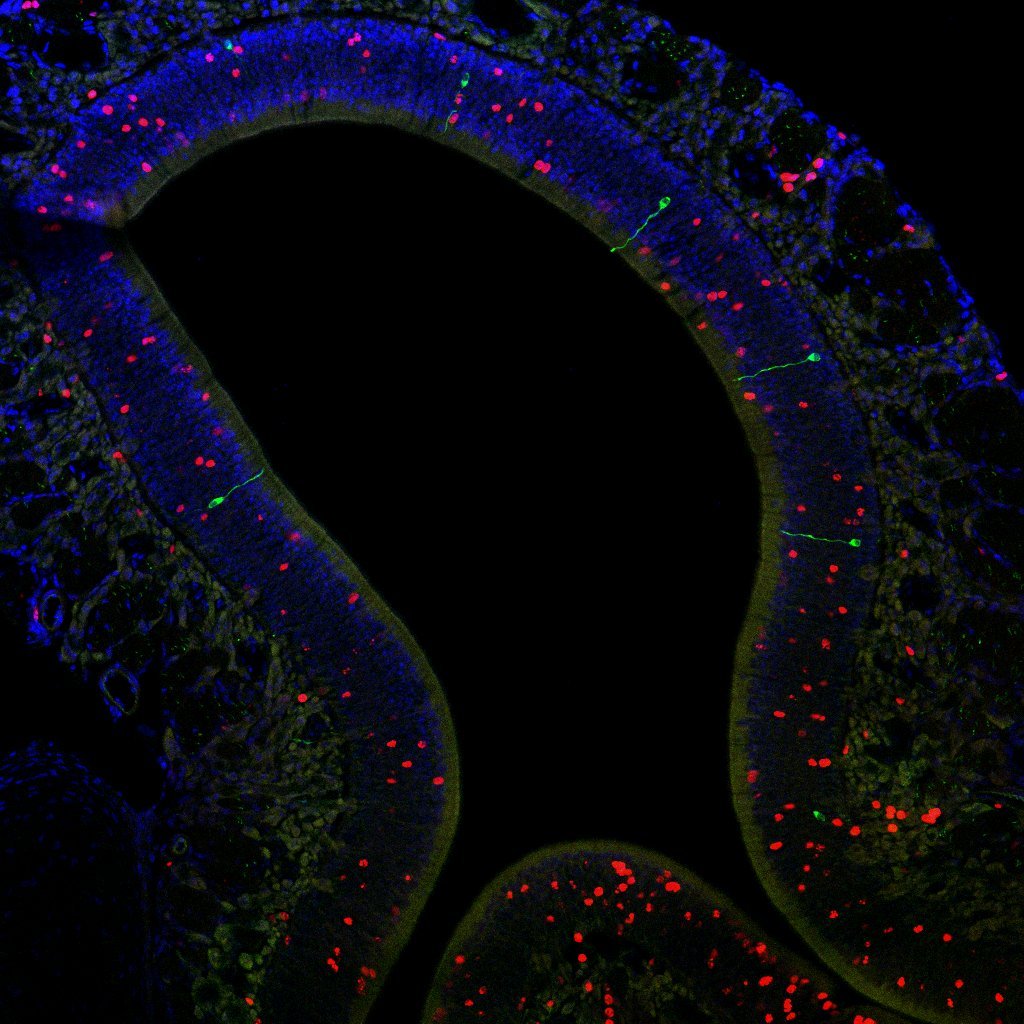
Teaching
The Parental Brain
PSYC GU4491 (CourseWorks)
Bianca Jones Marlin, PhD, Instructor
Rajyashree Sen, PhD, Co-Lecturer
Dakota Green, MA, Teaching Assistant
Marriage, friendships, family, scientific collaborations - social relationships are the cornerstone of our society. Arguably the most influential social relationship is that between parent and child. The parental brain provides an overview of the field of parental and social biology, with an emphasis on changes in the adult mammalian brain surrounding childbirth and caretaking behavior. We will also discuss the dynamic between caregivers and parents in order to provide the structure necessary to rear young and how the experience of parenthood prepares the brain for survival of offspring.
This course is taught concurrently at Taconic correctional facility by Dr. Rajyashree Sen and Dr. Thiago Arzua in collaboration with the Center for Justice. Our goal is to bring the beauty of biology and the social brain to all.
Children at Risk
PSYC 3615 (CourseWorks)
Geraldine Downey, PhD, Instructor
Bianca Jones Marlin, PhD, Co-Instructor
Dakota Green, MA, Teaching Assistant
Xxaria Mackley, Teaching Assistant
It has been said that it takes a village to raise a child. Children differ from one another in ways that can affect the course of development. Some are more talented musically and others athletically. Some have developmental difficulties; some have easier temperaments than others. How do we create environments that support the healthy development of each and every child—regardless of personality, abilities, gender, race, ethnicity, social class, family structure? The course considers how children’s development is influenced by their own characteristics, families, communities, and societies and asks students to think like a policy maker. We analyze the immediate and enduring biological and behavioral impact of risk factors, their interaction, and child and contextual factors that modify their effects. Our goal is to bridge the areas traditionally covered by developmental and abnormal psychology and public health with an emphasis on considering the public policy implications of risk in children’s lives from a human rights and social justice perspective.



